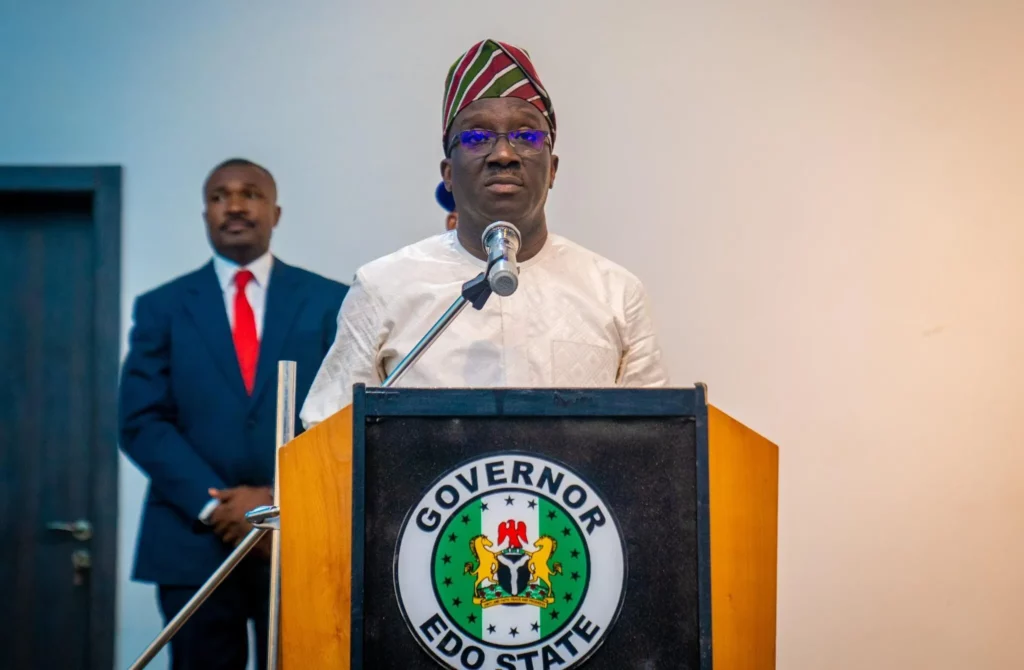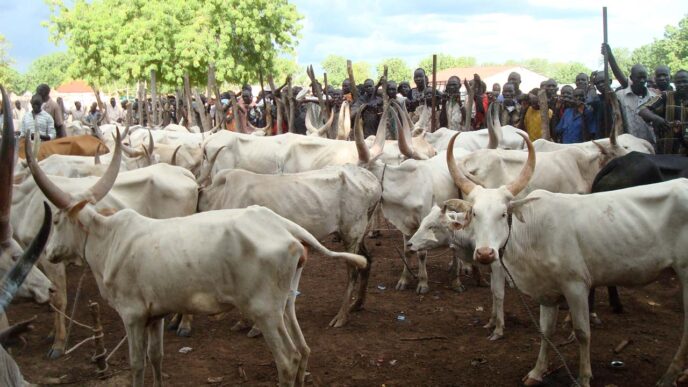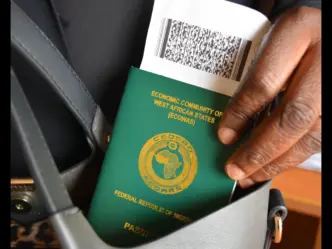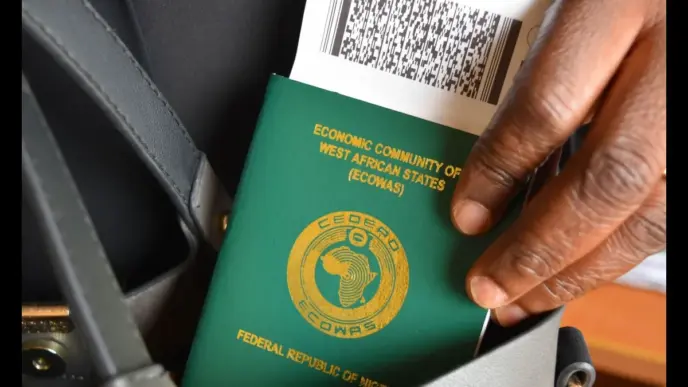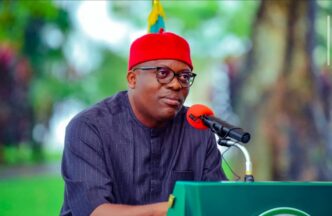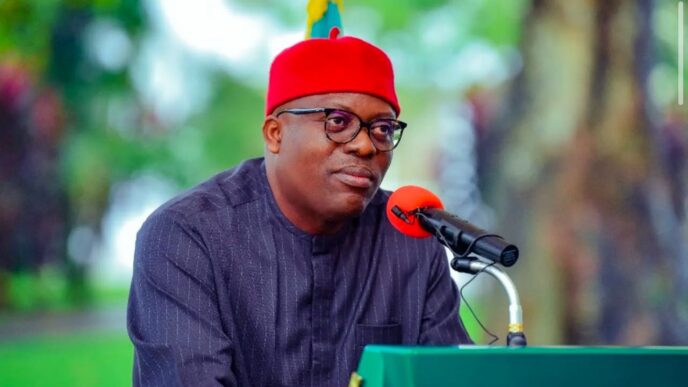According to the State Commissioner for Finance, Emmanuel Okoebor, the adjustment reflects the government’s focus on infrastructure.
He explained that capital expenditure now accounts for 70 per cent of the revised budget, compared with 67 per cent in the initial appropriation. Recurrent spending, meanwhile, has been reduced to 30 per cent.
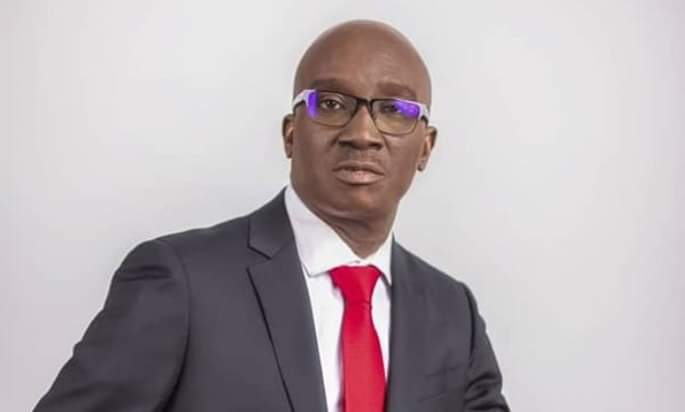
Okoebor stated that the budget increment amounts to about ₦125 billion, with capital expenditure increasing by ₦113 billion, while recurrent costs rose by about ₦12 billion.
He noted that the slight rise in recurrent spending was largely due to the new minimum wage and the recruitment of over 1,000 personnel in the state’s hospital management board.
He added that the administration had already completed 254 kilometres of road across Edo State, with many more projects ongoing, underscoring the government’s commitment to accelerating infrastructural development.
The Commissioner for Information and Communication, Paul Ohombamu, confirmed that the revised budget would be transmitted to the Edo State House of Assembly for legislative approval.
If passed, the supplementary budget will increase capital expenditure from ₦450 billion to ₦563 billion, further reinforcing Governor Okpebholo’s pledge to prioritise infrastructure delivery across the state.


 Trending
Trending 
